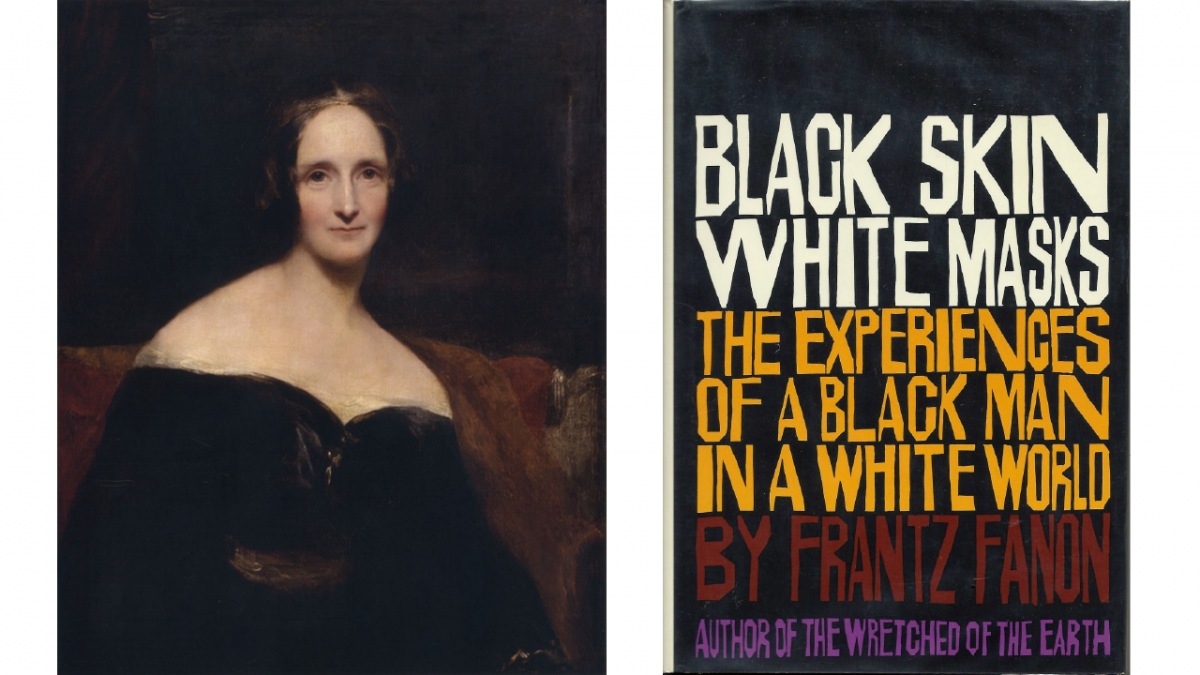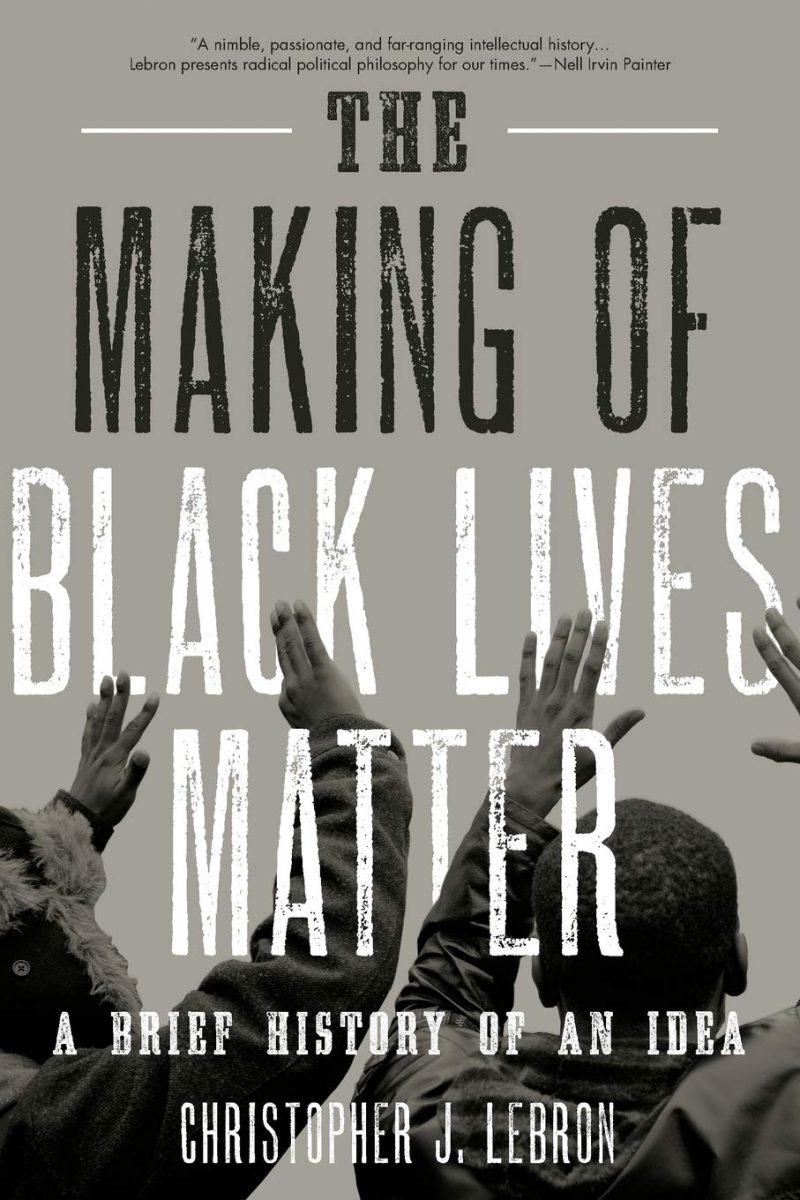“You should immerse yourself in new, strange, and sometime dystopian worlds through playing video games such as:
Horizon Zero Dawn by Guerrilla Games
Any of the Fallout Series by Bethesda Game Studios
I recommend playing any of these recent action/role-playing games as a way to experience multiple types of creative output at the same time: graphics, design, narrative and character development, music, and movement. It is an awe-some and brain-tingling, anticipatory experience to tear the plastic wrap off a new game, pop it into my console, and awake in a new environment having to suss out what are the rules and boundaries that govern this particular world or universe. I have learned my ethical and moral compass is strong because I can’t play a bad guy and sleep well afterwards. I appreciate the truly visceral realness of the experience, so much so that my mind conjures up what it would smell like walking through this landscape or that. Many of the latest games are so beautiful that I like to take pictures of my cats as they walk in front of the monitor with the game world as their backdrop.”
http://thewitcher.com/en/witcher3
https://en.wikipedia.org/wiki/Fallout_(series)
–
Anne Langley
Dean of the UConn Library





 “‘What you should read, see, and hear?’ You should read The Making of Black Lives Matter: A Brief History of an Idea (Oxford University Press, 2017) by political theorist, Christopher J. Lebron, because he reminds us that the philosophical underpinnings of the #BlackLivesMatter movement predate the contemporary movement. Analyzing the treatment of “Black” people over time, Lebron submits a historical framing of Black political thinkers’, activists,’ and letterpersons’ understandings about Black people’s rights (and the lack, thereof) in American society. This treatment, Lebron notes, prompted Black Americans’ rhetorical, oratorical, lettered, and physical activism to articulate and assert Black people’s equal humanity, rights, and protection in different eras of American political history. Thus, Lebron outlines the tradition of Black resistance oriented in the long-standing Black freedom struggle to contest racial discrimination and systemic inequality in various forms (in addition to contemporary struggles against police brutality). Lebron elucidates this longitudinal activism by examining political thought and expressions of Black men and women, such as Frederick Douglass, Ida B. Wells, Audre Lorde, Anna Julia Cooper, Langston Hughes, James Baldwin, and Dr. Martin Luther King, Jr., who establish foundational arguments about Black Americans’ humanity, (in)justice, and liberation for various iterations of “Black,” intersectional identities (class, gender, sexuality, and ethnicity, for example).”
“‘What you should read, see, and hear?’ You should read The Making of Black Lives Matter: A Brief History of an Idea (Oxford University Press, 2017) by political theorist, Christopher J. Lebron, because he reminds us that the philosophical underpinnings of the #BlackLivesMatter movement predate the contemporary movement. Analyzing the treatment of “Black” people over time, Lebron submits a historical framing of Black political thinkers’, activists,’ and letterpersons’ understandings about Black people’s rights (and the lack, thereof) in American society. This treatment, Lebron notes, prompted Black Americans’ rhetorical, oratorical, lettered, and physical activism to articulate and assert Black people’s equal humanity, rights, and protection in different eras of American political history. Thus, Lebron outlines the tradition of Black resistance oriented in the long-standing Black freedom struggle to contest racial discrimination and systemic inequality in various forms (in addition to contemporary struggles against police brutality). Lebron elucidates this longitudinal activism by examining political thought and expressions of Black men and women, such as Frederick Douglass, Ida B. Wells, Audre Lorde, Anna Julia Cooper, Langston Hughes, James Baldwin, and Dr. Martin Luther King, Jr., who establish foundational arguments about Black Americans’ humanity, (in)justice, and liberation for various iterations of “Black,” intersectional identities (class, gender, sexuality, and ethnicity, for example).”







